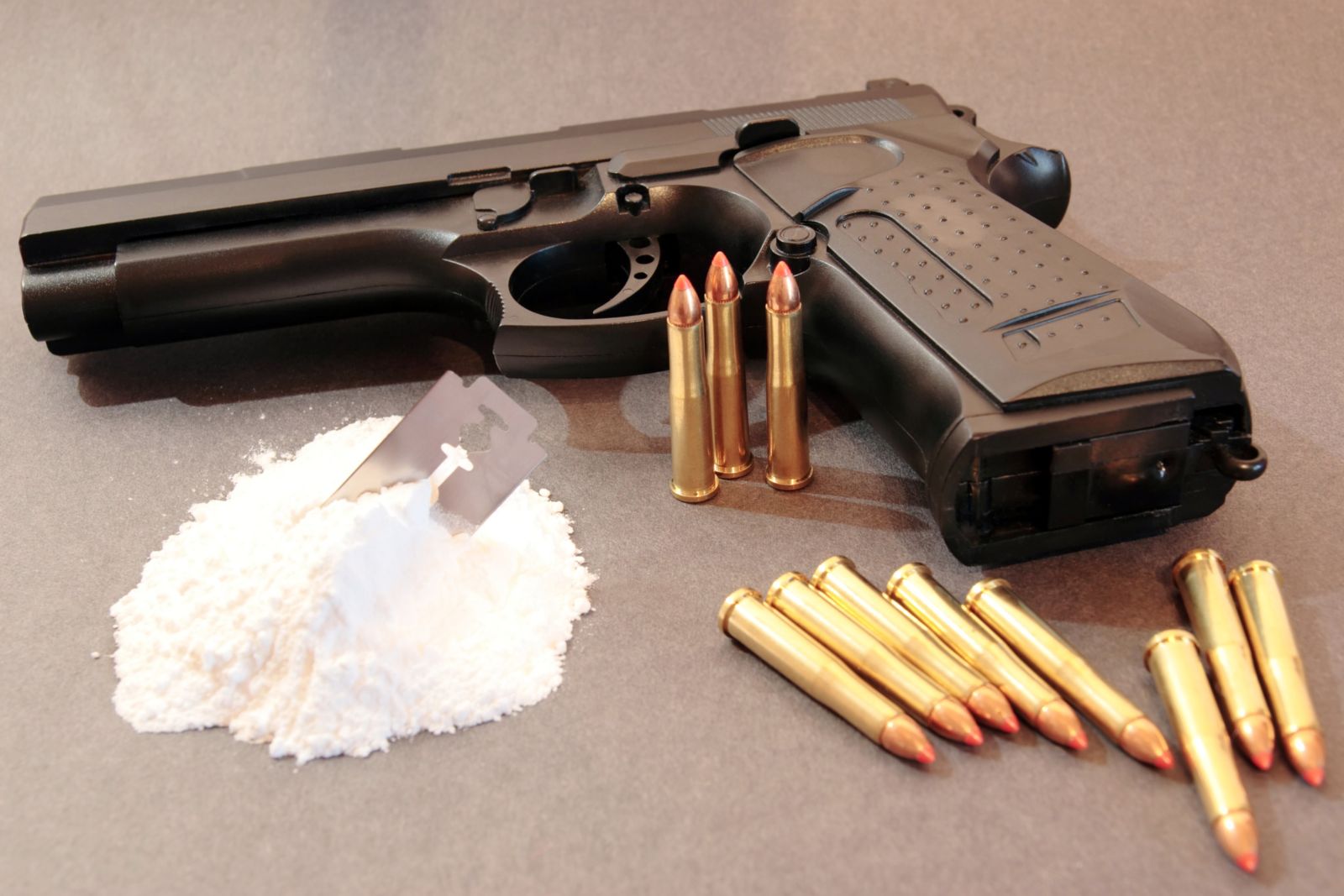Conspiracy and Mandatory Minimum Drug and Firearm Charge

Our criminal defense law firm based in Philadelphia frequently represents individuals charged with the crime of conspiracy. This is often a misunderstood offense as it is what is known as an inchoate crime. Inchoate crimes include criminal attempt, solicitation, and conspiracy (Title 18 § 903). If a person is charged with conspiracy or one of the other inchoate offenses, the grading of this crime is the same degree and grade as the most serious offense, which is attempted, solicited, or is the object of the conspiracy. I have written previous articles on this topic which I encourage you to read for more information on this topic.
By definition, a person is guilty of a conspiracy with another person or persons to commit a crime if, with the intent of promoting the commission of a crime, he or she agrees to engage in a conduct which constitutes such a crime or an attempt to commit a crime or agrees to aid the other person in planning or the commission of a crime. It’s important to keep in mind that a person cannot be convicted of conspiracy to commit a crime unless the Commonwealth or prosecution proves beyond a reasonable doubt that the person committed an overt act in pursuance of the conspiracy. It’s also important to remember that conspiracy is a continuing course of conduct which terminates when the crime or crimes of the conspiracy is committed or the commitment to commit the crime is abandoned. In Pennsylvania, the law assumes that the conspiracy is abandoned when the defendant, along with the people he conspires with, fails to do the overt act which is in pursuance of the conspiracy.
The most common defense, where a person is accused of conspiracy, is that his or her “mere presence”, with the defendant’s is not proof of any crime. In cases where an alleged co-conspirator does initially act in furtherance of a crime, the defense may attempt to argue that the accused, at some point, renounced the conspiracy by demonstrating a complete and voluntary renunciation of his intent.
While the grading of a conspiracy charge follows the most serious charge, it is important to keep in mind that mandatory minimum sentence, especially those applying to illegal drugs and firearms in Pennsylvania and other states, do not apply to conspiracy charged unless the statute specifically holds co-conspirators liable under mandatory minimum sentencing rules or enhancements.
In Pennsylvania, like other states, such as New Jersey, when the statutory language is free and clear from all ambiguity, the court must infer that the legislative intent was to punish the actor with mandatory minimum sentencing and not a co-conspirator. This means that if the law imposes a mandatory minimum sentencing enhancement on a person who visibly possessed a firearm, it would not apply to an unarmed co-conspirator. While most of the mandatory minimum sentencing in Pennsylvania is no longer constitutional, there are some mandatory minimums still in place, especially under Title 18 § 6111—the illegal transfer of firearms. While a first offense under Section 6111(g) would not carry with it a mandatory minimum sentence but only a conviction for a felony of the 3rd degree, a subsequent transfer to an unauthorized or ineligible person carries with it a mandatory minimum 5 year prison sentence.
For more information on criminal offenses involving drugs, narcotics, or illegal guns and firearms I encourage you to keep reading my blog and visit my free download section.



